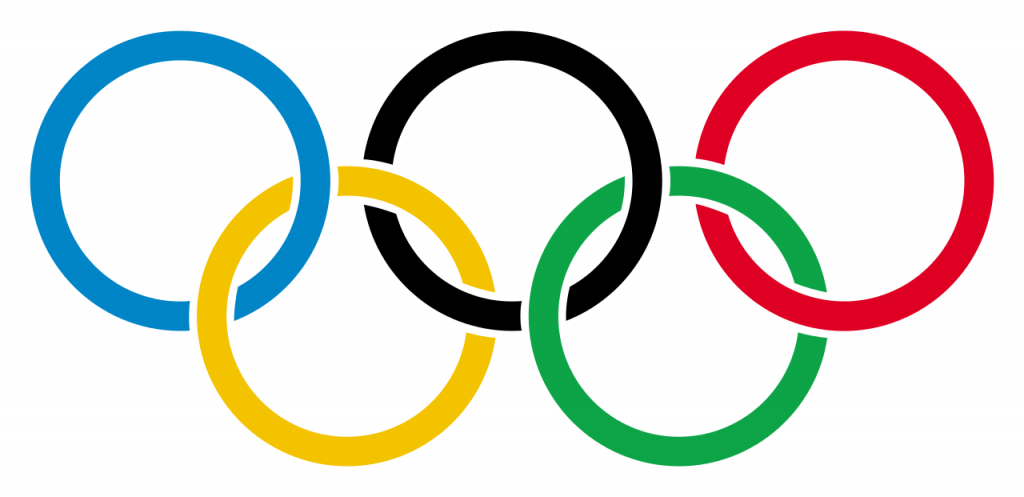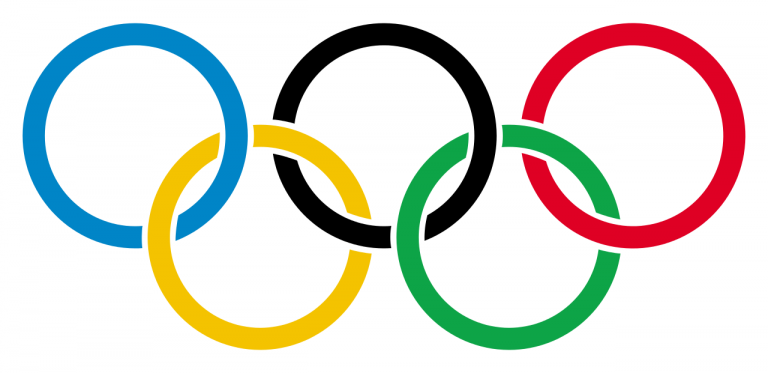NOTE: When this article was initially published in the summer of 2012, there was still intense controversy in the Parkour world surrounding Parkour and whether or not it could be competitive. Many Traceurs were completely opposed to Parkour being competitive in any way, and so much of the Parkour community at this time did not see it as right for Parkour to ever be in the Olympics. This gave a lot of weight to this article, and the fact that David Belle weighed in on the matter, really altered some paradigms.
Recently Take Flight posted the question on their Facebook, “Should Parkour be in the Olympics?” Knowing they were going to post this question, I was approached and agreed to write a blog post responding to it if the post got more than 200 comments. It got 300+, so here I am.
Because I thought the post would indeed get 200+ comments I was preparing my ideas beforehand. But then after it did get 200+ comments, I got a brilliant idea: let’s skip my opinion and just ask David [Belle] about it. As fate would have it I was on my way to see him, so yesterday I asked him.
Here is how the conversation went. This is not an exact transcript of our conversation, but it’s pretty close:
Me: David, I have kind of a weird question for you. Do you think Parkour should be in the Olympics?
David: Oh yeah, that would be great! I mean if BMX is in the Olympics then Parkour should be too.
Me: Umm, I don’t think BMX is in the Olympics.
David: Really? I think it is.
Me: Do you mean like BMX with the bike?
David: Yeah, BMX [and then he demonstrates turning the handle bars].
Me: Umm, I don’t think it is.
David: Well either way it would still be great if Parkour was in the Olympics.
So there you go – short and sweet with a little bit of humor too. According to the founder, Parkour would be great in the Olympics.
And side not… I was COMPLETELY wrong, and David was completely right – BMX is in the Olympics. It became a medal sport in 2008. Literally within 24 hour of publishing this article, the men’s BMX final was held at the 2012 London Games.
Now if you’re confused at all by David’s answer I’ll explain a couple things:
#1. What is Parkour
Contrary to still commonly used although inaccurate definitions, Parkour, by definition, is a training method founded by David Belle that is most commonly characterized by overcoming obstacles in the natural and urban environments. It is also a non-competitive discipline meaning that practitioners do not compete against each other in the traditional competition sense of having an objective such that the first person to the finish line or the person/team with the most points at the end wins etc. David has said many times that in Parkour you compete against yourself. It’s you and the obstacle. This is not in debate in any Parkour circles that I know of.
#2. Parkour in Competition Mode
Contrary to misunderstood or misapplied Parkour philosophies, Parkour can easily be put into a competition mode. This is not contrary to the training method itself or the philosophy of Parkour as long as the competition is shown as something qualitatively different from the training method itself, and as long as the competition model stays true to the ideas of the discipline. Doing this would mean that the competition would have to basically be an obstacle course that is done for time. Fastest time wins. True Parkour prevails.
#3. David’s View on ‘Parkour Competitions’
I can’t recall any extensive conversation David and I have had on Parkour competitions. It just has never come up, and in general it’s not really pertinent to current projects. But in addition to David’s Olympic viewpoint (stated in part 1), I will tell you that in David’s Parkour City concept, he has proposed having a Parkour competition, and he even proposed and designed a Parkour competition course for it.
In summary, Parkour isn’t competitive, but you can still have competitions built on the spirit and purpose of the movement.
(to be continued in part 2 where I share more of Belle’s ideas about competition formats and look at the likelihood of Parkour being admitted into the Olympic games one day)


